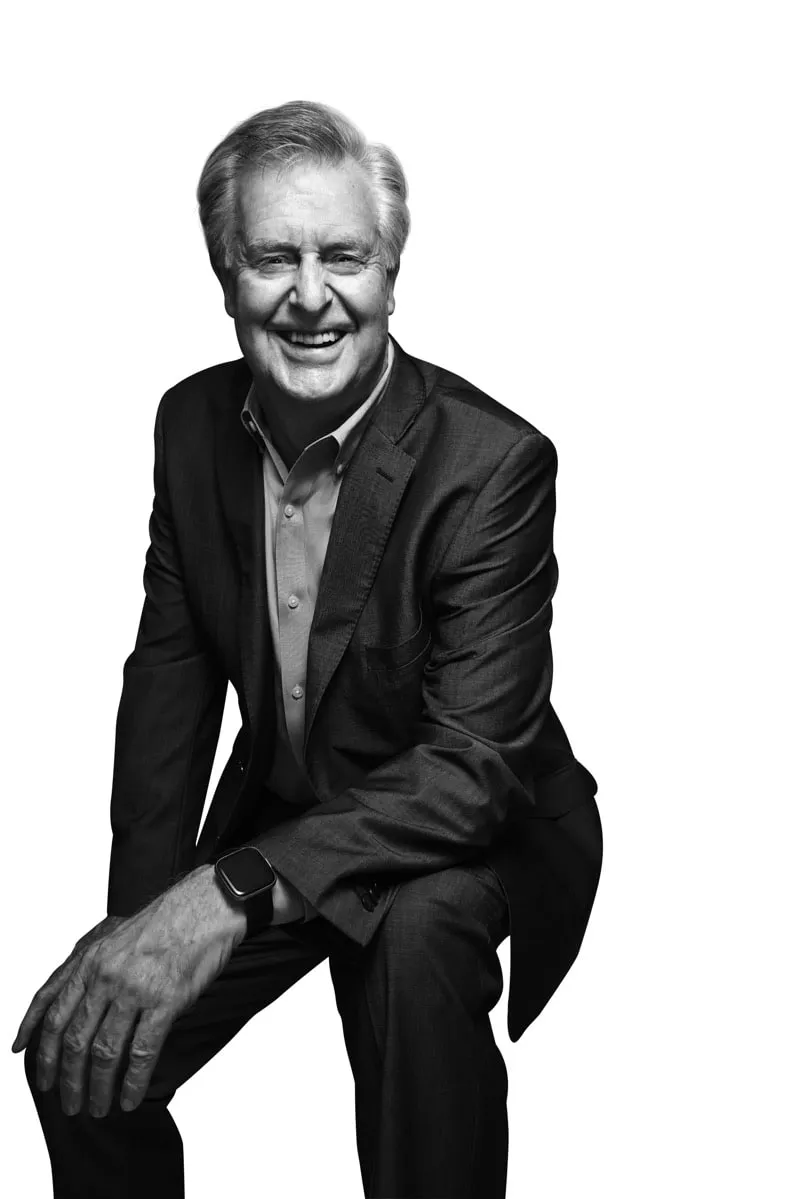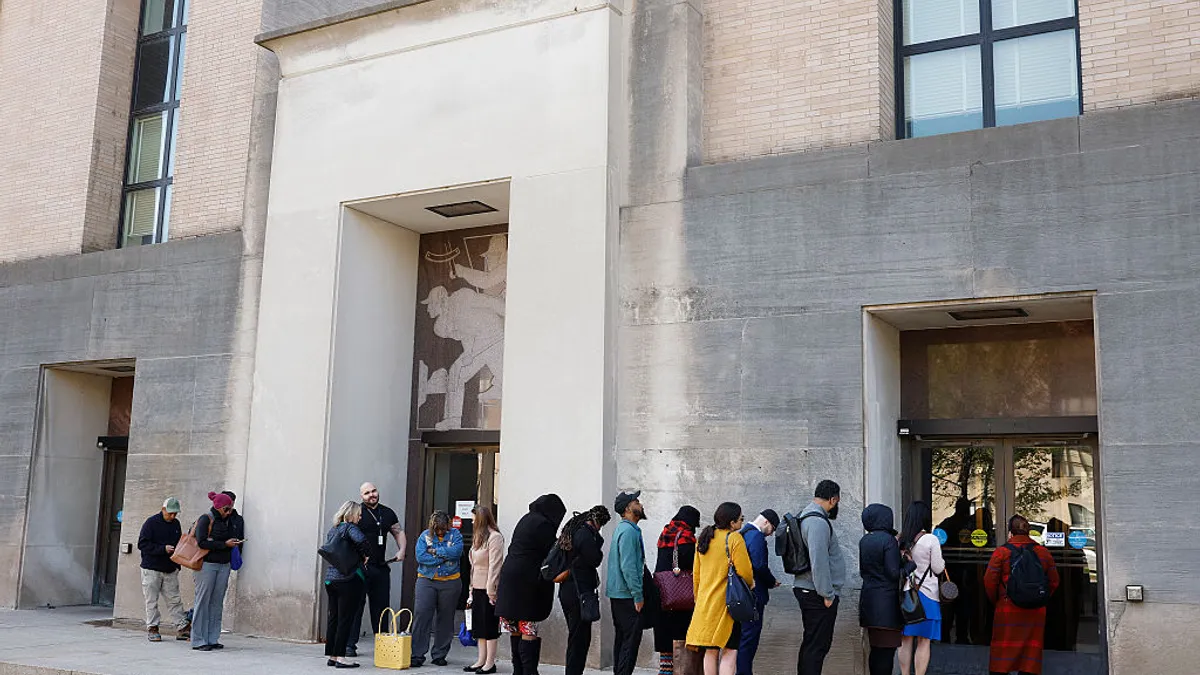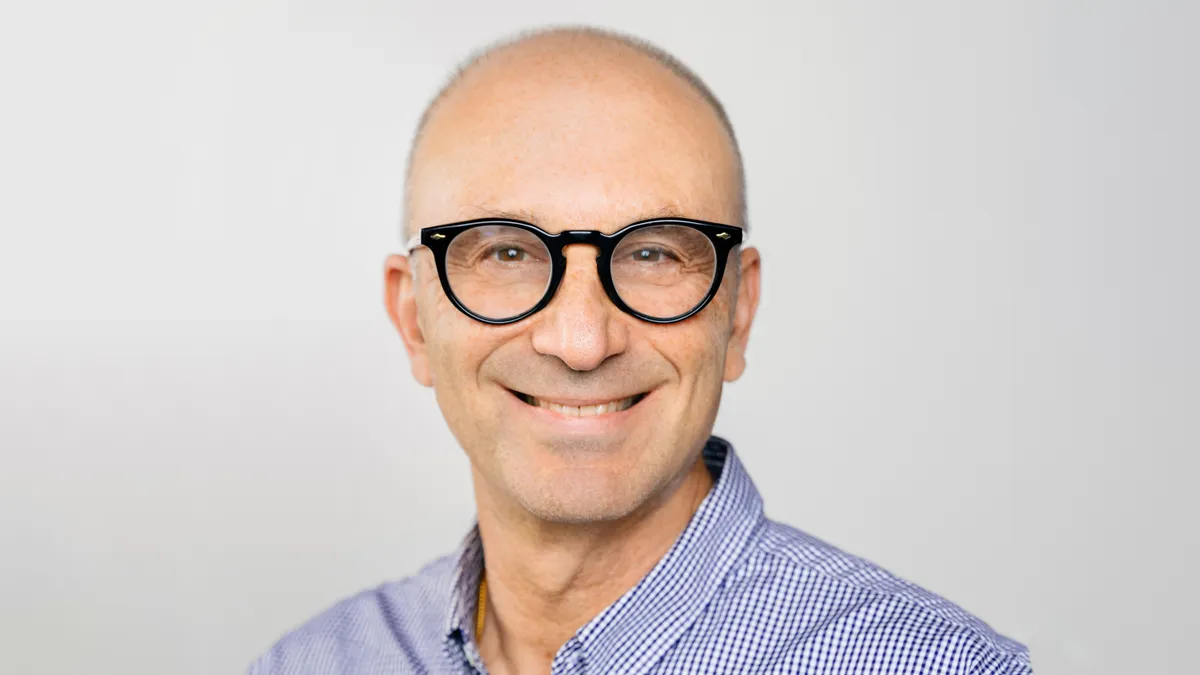For a small rare disease company with a potential treatment in the clinic, one of the most prominent challenges isn’t necessarily the science — often, it’s having enough resources to reach the finish line.
At Rallybio, a biotech with an early-stage candidate for the rare fetal and neonatal alloimmune thrombocytopenia, a disease that arises from an incompatibility between blood platelets in expectant mothers and their unborn child, financing has been a difficult part of the puzzle.
“The only currency a biotech company has is the story they tell,” said Dr. Steve Uden, CEO and co-founder of Rallybio. “We don’t have profit and loss — it’s all around being able to explain what you’re trying to do and the impact you’re trying to have.”
Rallybio’s journey has been rife with tough decisions recently, from switching out its lead treatment candidate last year to cutting almost half its workforce earlier this year to extend its cash runway into mid-2026.

But Uden and fellow co-founder Martin Mackay, who serves as Rallybio’s executive chairman, are devoted to bringing a rare disease treatment to patients despite a challenging investment climate. And the leaders, both of whom have served at the rare disease company Alexion, now owned by AstraZeneca, believe a small company approach is the way to get there.
Even though funding isn’t at the same levels as a few years ago, the pair believe rare disease is an area where need will overcome financial hesitancy — as long as companies can withstand the meager times.
“So long as scientists are driving for solutions, the money will come, and sometimes we have to ride a storm or two,” Mackay said.
Into the storm
The disease that Rallybio’s lead candidate addresses has a decades-old predecessor that is still considered one of the most successful medical interventions of the 20th century. In fact, many people haven’t even heard of Rh disease — a red blood cell incompatibility between mother and child — which once killed about 10,000 newborns a year in the U.S., because the vaccine RhoGAM developed in the 1960s has been so effective at preventing it.
Rallybio wants to do the same for the platelet version of the disease, abbreviated as FNAIT, which is rare but can also be fatal and has no approved therapy. The company, which got its start in 2018, is approved to begin a mid-stage trial after prioritizing the monoclonal antibody last year.
Also in the company’s pipeline is an early-stage antibody-based inhibitor for complement dysregulation, which includes diseases like paroxysmal nocturnal hemoglobinuria, refractory generalized myasthenia gravis, atypical hemolytic uremic syndrome and relapsing neuromyelitis optica spectrum disorder.
Uden and Mackay became focused on rare diseases during their time at Alexion but found they’d be more effective striking out on their own.
“The thing that stood out from our time at Alexion was that when you get into rare disease, the impact you have is huge,” Uden said. “Where biotechs and startups fit in is continuing to quickly drive innovation, which then allows larger companies to do what they’re really good at, which is ensuring patients [will] get access.”
But small ships are rocked by even modest waves, and the turmoil of the biotech market in the past few years has made the journey tough, Mackay said.
“What we need to do is get a bit more savvy around the business side of biotech and not only ride the storms but be able to attract investment during difficult times,” Mackay said.
Securing funding
Investors’ focus on rare diseases has ebbed and flowed, and Uden has seen funding dry up in the last few years alongside the overall biotech market.
“The biggest challenge that we’ve faced has been financing the company,” Uden said, pointing to a general issue that arises with rare diseases — they’re not well known. “It’s not something that everybody has heard of. If you’re developing a checkpoint inhibitor in oncology, most people have heard of that, but in rare diseases it’s different.”
But looking at the wider industry, Uden and Mackay see a turnaround on the horizon.
“It will come back,” Mackay said. “We’ve seen companies give up on areas like rheumatoid arthritis and obesity in the past because they were difficult targets, but look at them now. In rare disease, I have no doubt, because they’re so devastating to humanity, and the science is rock solid.”
Still, amid layoffs and limited funding, Rallybio’s founders are betting on the unmet need in rare diseases as a constant that will overcome a weak market.
“We cannot be oblivious to the market, which is cyclical, but we can believe in the fundamental need that is out there and the dynamic science and understanding of biology that is the focus of our company,” Mackay said.




















